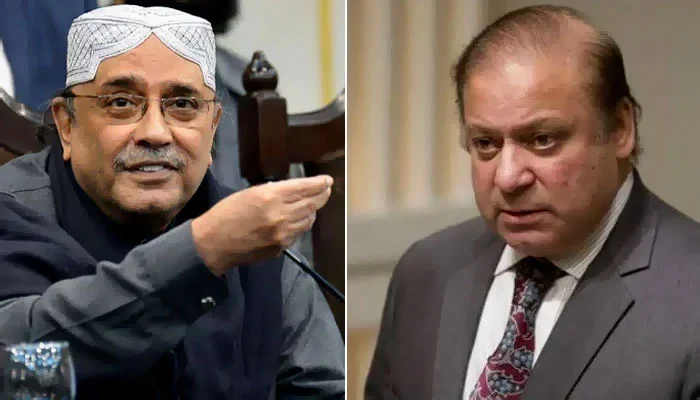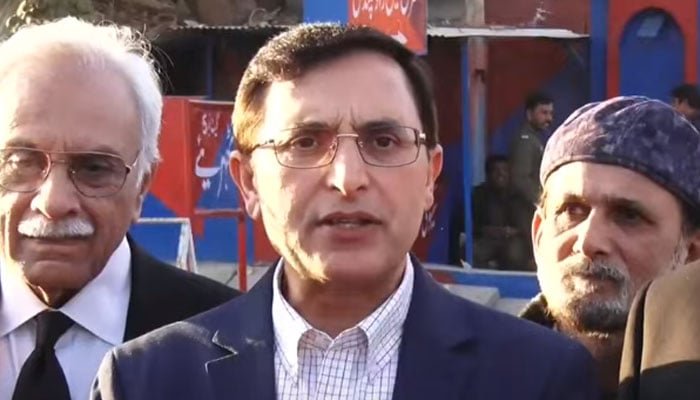The victory of Pakistan Muslim League-N (PML-N) leader and former Prime Minister Mian Nawaz Sharif from NA-130 has been contested in the Election Tribunal of the Lahore High Court, marking a significant development in the post-election landscape.
Dr. Yasmin Rashid, a prominent leader of the Pakistan Tehreek-e-Insaf (PTI), filed an election complaint against Nawaz Sharif’s victory, asserting concerns regarding the electoral process and the validity of the outcome. The application was lodged through her legal representatives, Ahmed Owais and Rana Mudassar, underscoring the seriousness of the allegations and the commitment to pursuing legal recourse.
In her petition, Yasmin Rashid raised key points challenging the legality of Nawaz Sharif’s victory and questioning the integrity of the electoral process. Central to her argument is the contention that the Election Commission’s notification pertaining to the election was issued in contravention of the law, thereby casting doubt on the validity of the results.
The decision to challenge Nawaz Sharif’s victory reflects the high stakes involved in electoral politics and the determination of political parties to ensure transparency and fairness in the democratic process. As a crucial component of democratic governance, free and fair elections are essential for upholding the principles of accountability and representation.
The filing of the election complaint by Dr. Yasmin Rashid signals a legal battle that could have far-reaching implications for the political landscape of the region. The Lahore High Court’s Election Tribunal will now play a pivotal role in adjudicating the matter and determining the validity of the election outcome.
The allegations raised by Yasmin Rashid underscore broader concerns regarding the conduct of elections and the role of electoral authorities in ensuring compliance with legal and procedural requirements. Any discrepancies or irregularities in the electoral process must be thoroughly investigated and addressed to uphold the integrity of the democratic system.
The legal challenge to Nawaz Sharif’s victory highlights the contentious nature of electoral politics in Pakistan and the deep-seated rivalries between political parties. In a highly polarized environment, such challenges are not uncommon, as parties seek to gain electoral advantage and assert their interests through legal means.
The outcome of the election challenge will have significant ramifications for both the PML-N and PTI, shaping their political fortunes and influence in the region. A favorable ruling for Dr. Yasmin Rashid could potentially overturn Nawaz Sharif’s victory and alter the balance of power in NA-130.
However, it’s essential to recognize the importance of due process and judicial impartiality in adjudicating electoral disputes. The Lahore High Court’s Election Tribunal must conduct a thorough and impartial examination of the evidence presented by both parties to ensure a fair and just resolution.
The election challenge filed by Dr. Yasmin Rashid against Nawaz Sharif’s victory in NA-130 underscores the significance of legal recourse in upholding the integrity of the electoral process. As the case proceeds through the judicial system, all stakeholders must adhere to the principles of transparency, accountability, and due process to uphold the democratic values enshrined in Pakistan’s constitution.



